Adam faces imprisonment for his faith
Adam lives in Saudi Arabia, and he is facing a court hearing on May 30.
Originally a devout Muslim, Adam became a Christian because of the testimony of his sister in law. A few years ago, when she was in danger, he helped her escape from the country – an act that infuriated his family, and resulted in legal action.
The family brough Adam to court, accusing him of stealing money, importing Bibles, and converting Muslims to Jesus.

Since he helped his sister in law escape, Adam has been in and out of prison for a total of about four months. He was flogged for the crime of importing Bibles, and has remained in the court system for three years now. During the most recent hearing, in April, some prayers were answered when the judge determined there was no evidence for him stealing money from his family. This was a great encouragement not only to his wife and children, but to the larger Christian community in Iran.
But the case remains open, yet Adam’s testimony remains strong. His friend Rasheed* says “Adam is a strong believer. He put himself in danger for the sake of others when he helped Eve to flee. He is open about his faith. He wants other people to know Jesus too. He is very active in sharing about his faith publicly. Sometimes he leaves Bibles behind in the great mosque. He goes to the mosque to pray to Jesus.” For that reason, he is also accused of proselytizing.
Adam frequently joins the meetings of a house church. Rasheed, a member of the same church, remembers how Adam sent him a text-message on the day he had to go to court. “He expected that it would be his last day in freedom,” Rasheed* says. “He texted me and said ‘Know my brother that I am praying for you. That you will continue to spread the gospel, to tell about Jesus. Go on with that. Don’t worry about me.”
But even after that court hearing that ended so miraculously well, the pressure on Adam continues. On May 5, his wife was contacted by her family and told her mother was ill. However, when she arrived at the family house she was locked in and is no longer allowed to leave. Her family tells her they believe her husband will be sent to prison soon and it would be better for her to stay with them.
Adam is afraid of what would happen to his wife and children if he is to be imprisoned. “Last week he joined us during our meeting as a church,” says Rasheed. “We started praying for him. We laid hands on him, prayed, wept. It was a long time of prayer. I believe it went on for three and a half hours. Adam cried. At a certain moment he asked me if I would help his children go to university. I said we as a church would with support of many brothers and sisters around the world. He fell on the ground and cried and cried. We comforted him and then he started praising and worshiping God.”
“It was a great moment for all of us. Many of the church also were rejected by their families. They all understand what Adam is going through,” Rasheed explains.
Pray
Pray that the rest of Adam’s court hearings will go well, and that he will miraculously avoid imprisonment.
Pray for the safety of his wife and children, who are being threatened by her family.
Pray that his testimony will bear fruit and that those accusing him will come to know Jesus.
Encourage Adam
You can send Adam a message of encouragement.
Send an email to encourage@odcan.org, or leave a comment on our social media. All messages will be sent directly to Adam.
*Pseudonym used. Please note the image is representative only.

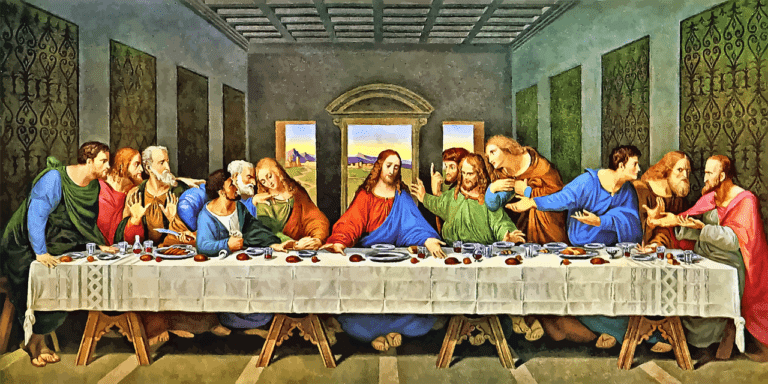

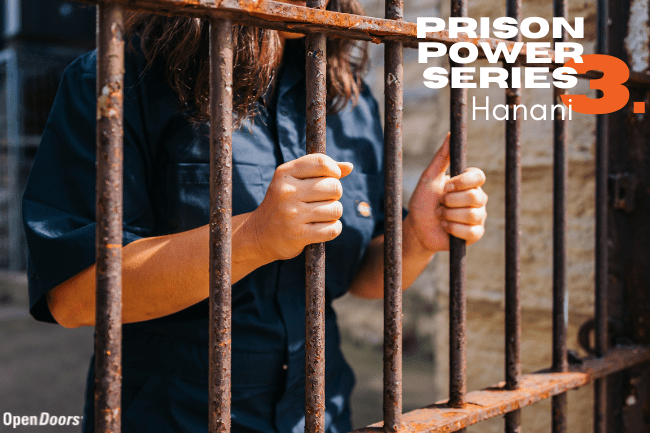
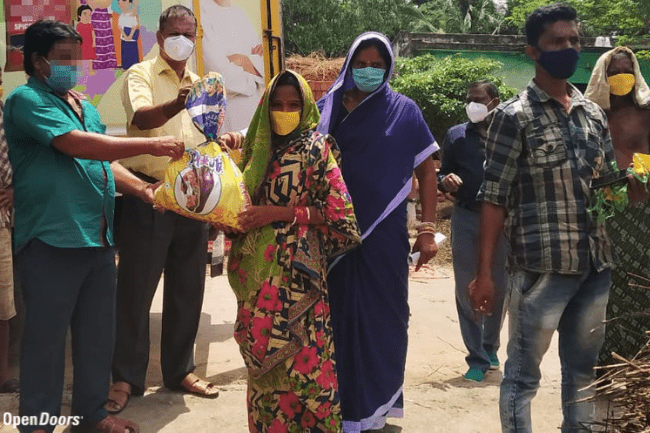
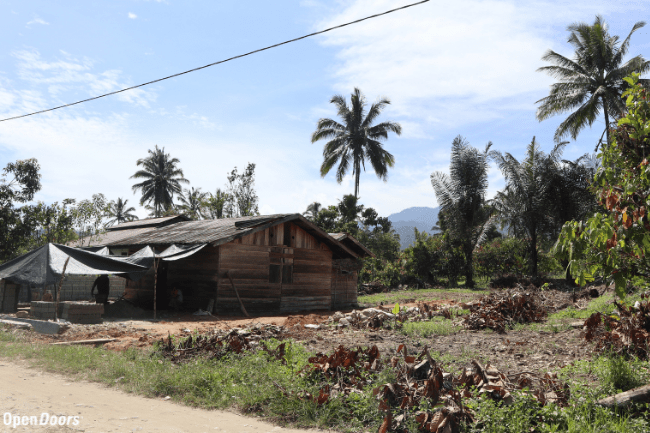
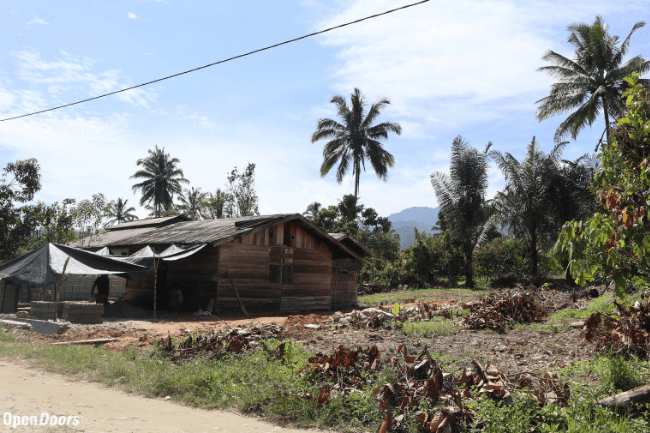
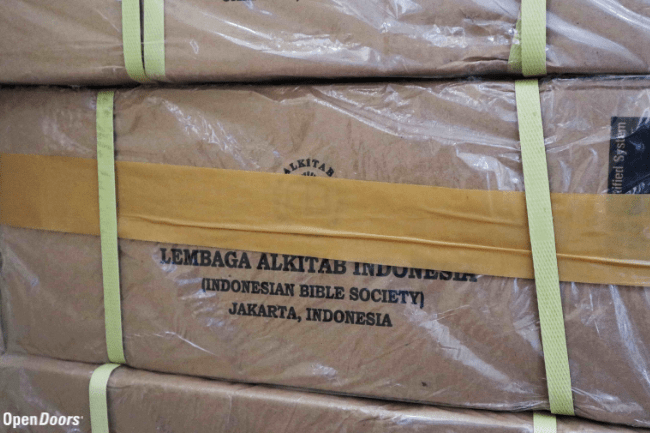
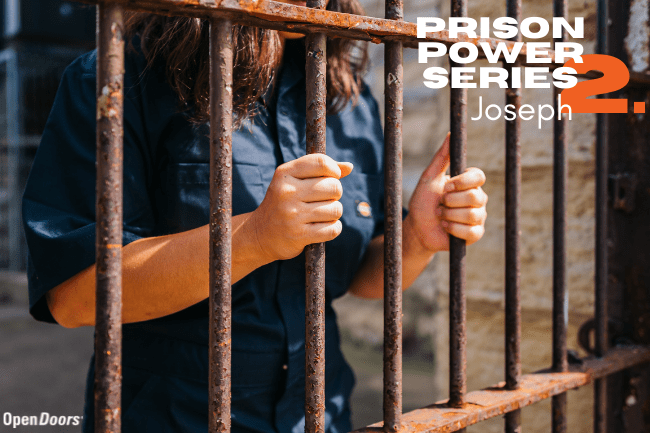
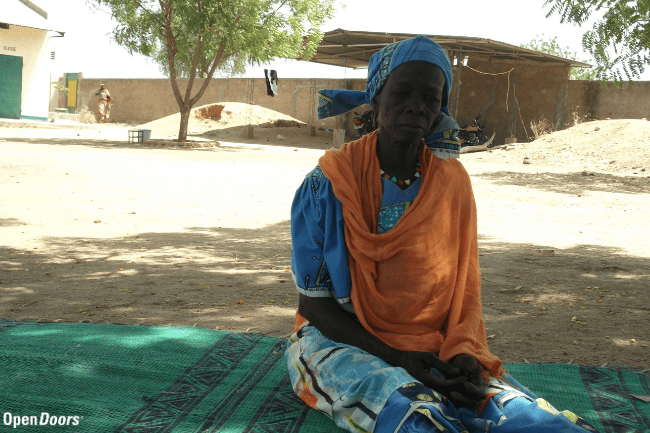
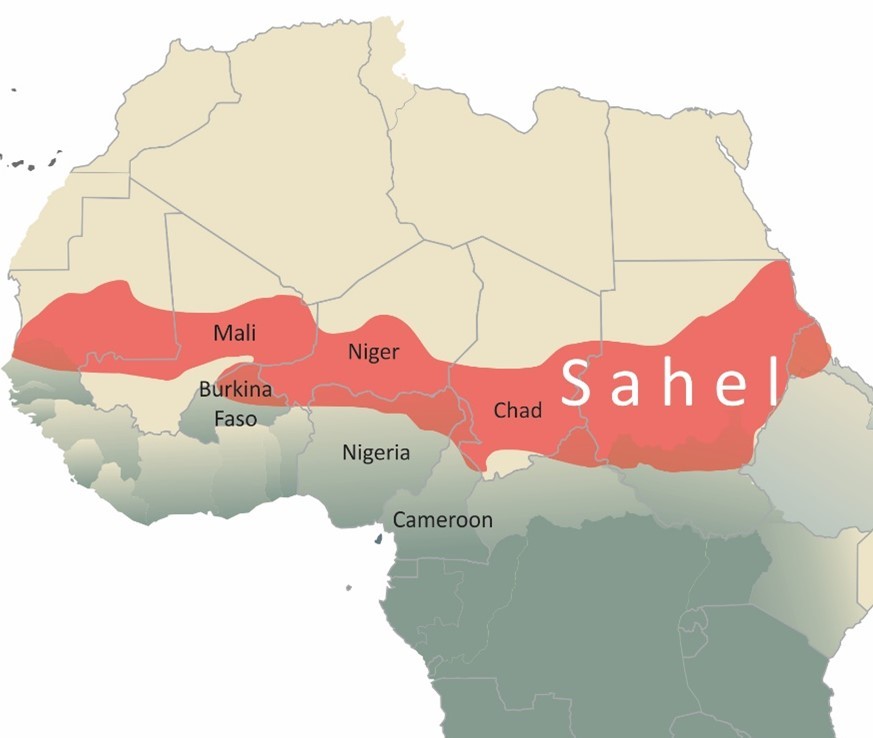


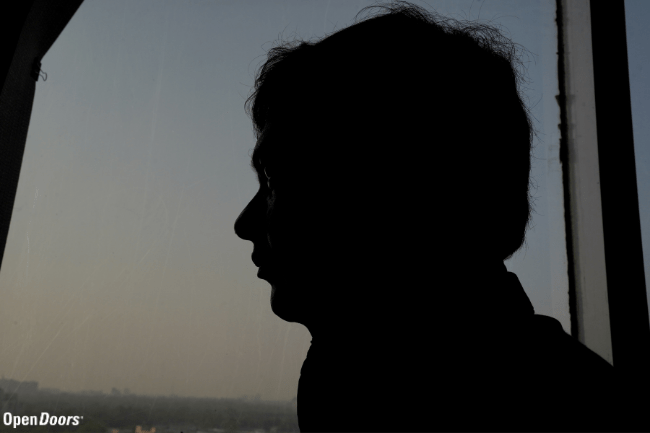
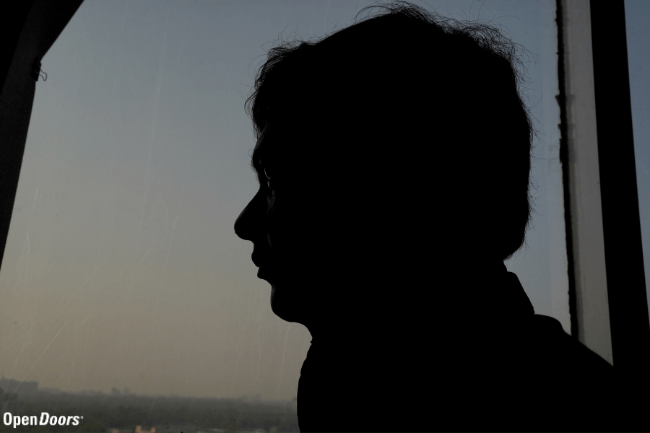
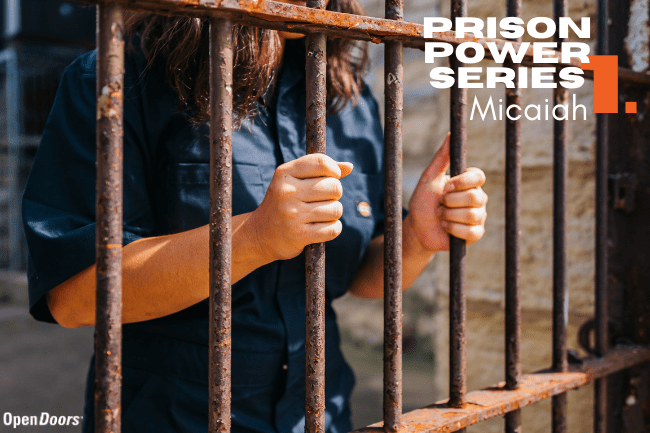
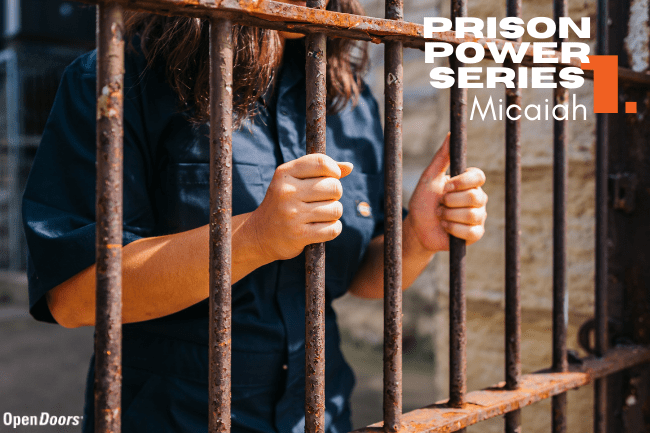
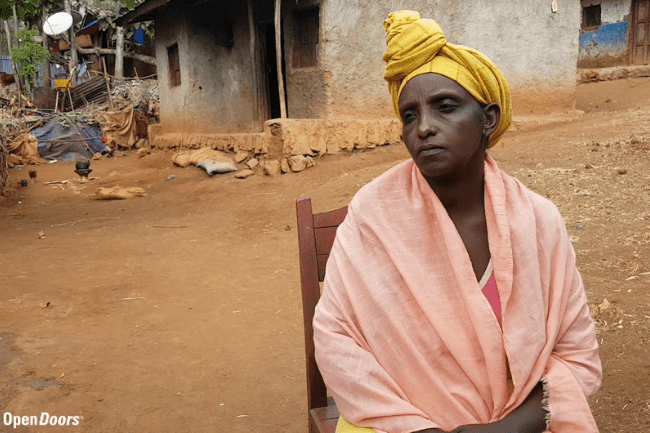
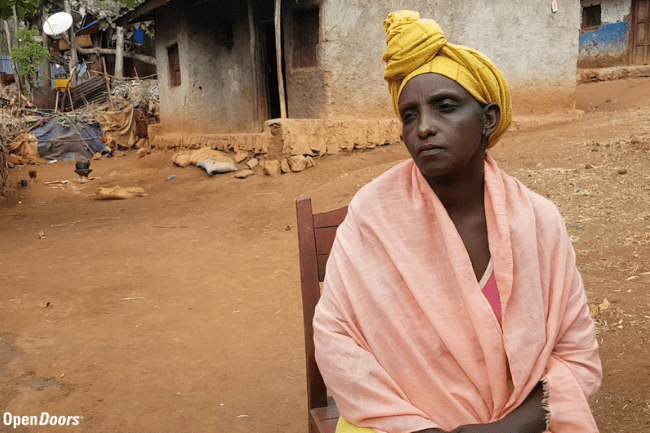 Last year when we visited, she said: “We have finished all the money we had earned, and we can’t do anything else but stay at home.”
Last year when we visited, she said: “We have finished all the money we had earned, and we can’t do anything else but stay at home.”